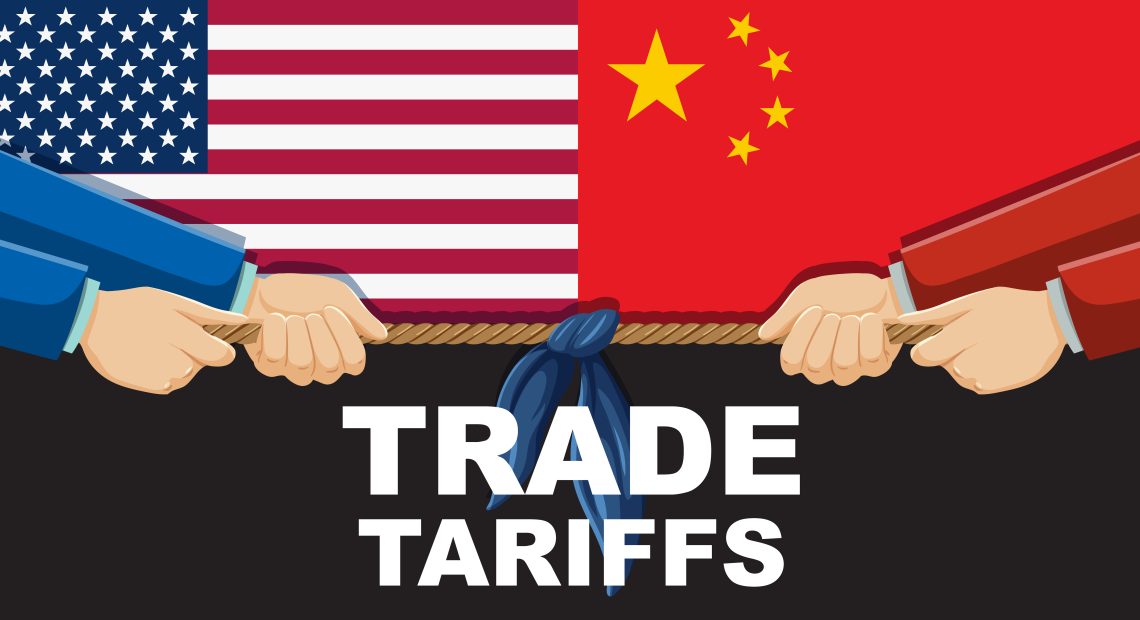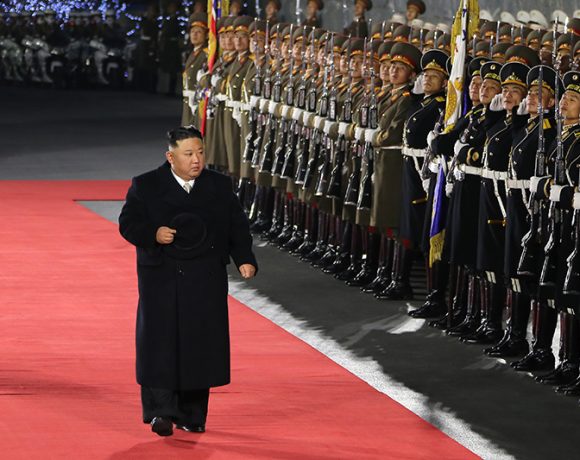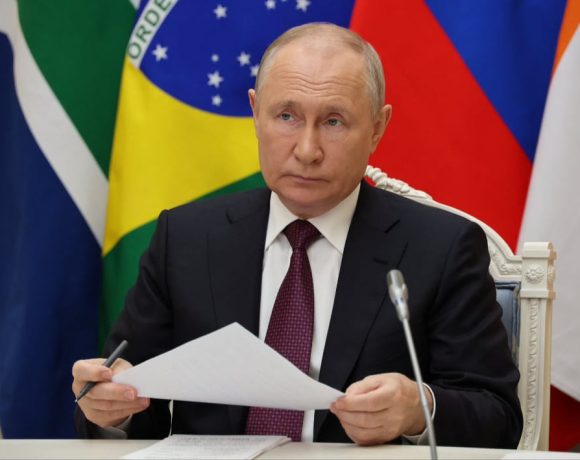
Trump Delays Major Tariff Hike on China by 90 Days
U.S. President Donald Trump has extended the tariff truce with China by another 90 days, postponing a planned increase in import duties that was due in mid-August. Current rates—30% for Chinese goods entering the U.S. and 10% for U.S. goods entering China—will remain in place during this period. The move is intended to give negotiators more time to work toward a broader trade agreement and avoid an immediate escalation in the long-running dispute.
Markets and Negotiations Gain Breathing Space
The announcement eased pressure on global markets, with Asian stocks closing higher and energy prices posting modest gains. Investors welcomed the pause, viewing it as a sign that both sides are willing to continue talks despite deep differences on issues such as intellectual property rights, market access, and technology transfers. The White House said the decision was also aimed at ensuring stability in supply chains ahead of the holiday season, when import volumes typically surge.
Products and Industries Affected
The tariffs in question impact a wide range of products, from electronics, machinery, and household goods to agricultural commodities. U.S. exporters of soybeans, beef, and dairy products have faced higher costs due to China’s counter-tariffs, while American importers of consumer electronics and manufacturing components have absorbed price hikes. Industry groups in both countries have been lobbying for an easing of trade barriers to protect jobs and maintain competitiveness.
Avoiding a Trade Escalation
The extension prevents a sharp tariff hike that could have pushed duties as high as 145% on Chinese imports and 125% on U.S. exports. Analysts describe the move as a tactical pause rather than a breakthrough, noting that it buys time but does not resolve underlying disputes. A high-level meeting between U.S. and Chinese officials is expected later this year, where both sides will attempt to find common ground.


















